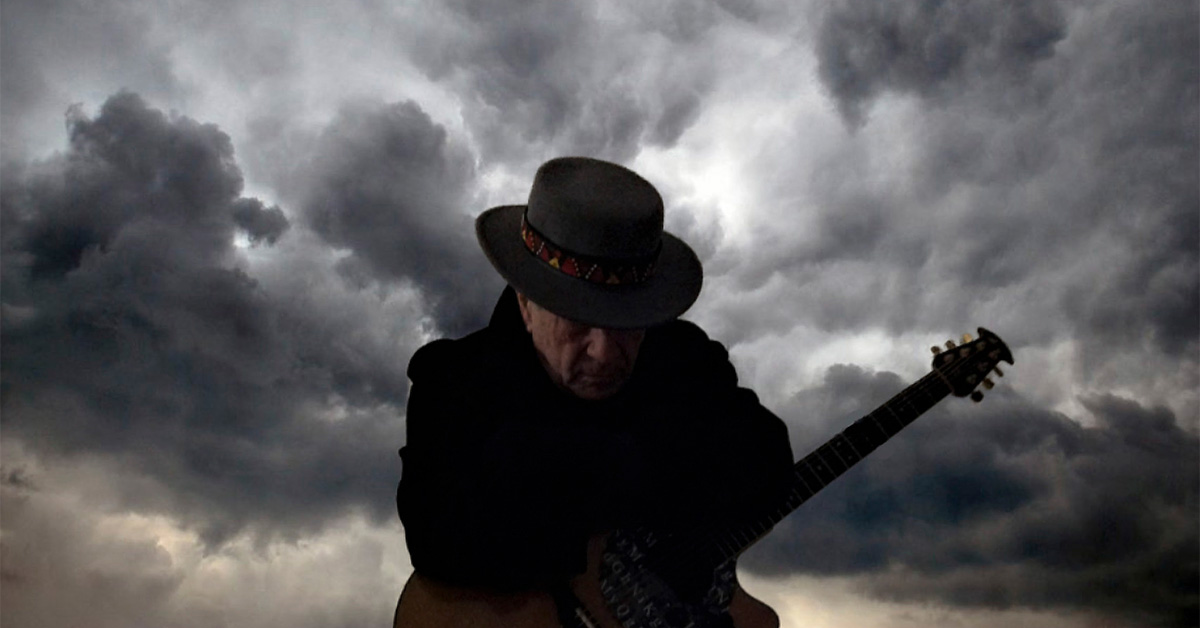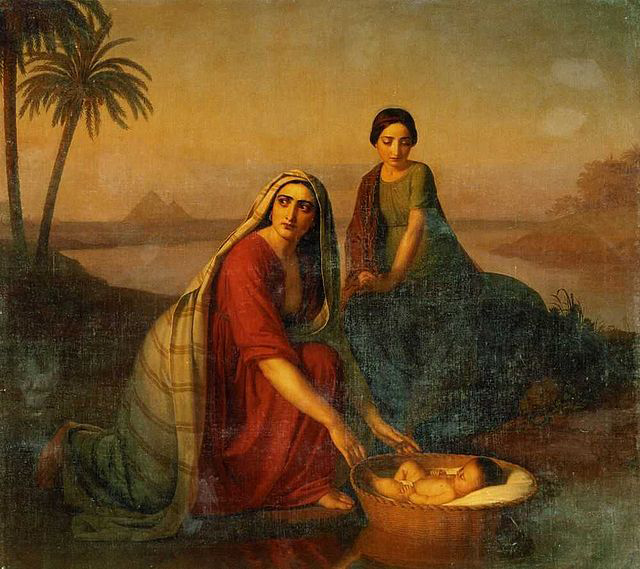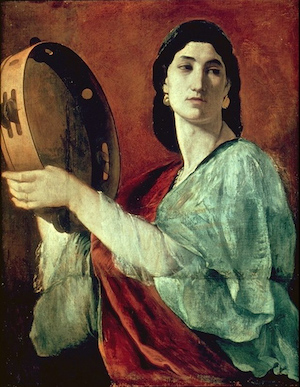

David Beldman is scholar in residence at the Surge Network, Phoenix, and the director of KLC North America.
When we think of people in the Bible who faced the prospect of difficult hope, the names that come immediately to mind might be Daniel, Esther, David, Abraham, Jeremiah or Moses. But what about the names Shiphrah and Puah, two Hebrew midwives; what about the name Jochebed, a mother, and the name Miriam, a young daughter/sister? These are the names of remarkably ordinary and remarkably extraordinary women. In contrast to the individuals in the former list, these women had no apparent status or favour in their contexts, did not experience a divine encounter or promise, but powerless though they may have been, they acted with courage and resolve, defying a powerful Egyptian empire despite the risk.
Shiphrah, Puah, Jochebed and Miriam appear in the opening two chapters of Exodus. This monumental book of the Bible that narrates the miraculous call of Moses, the epic contest between Pharaoh and Yahweh, Israel’s liberation from Egypt and the Red Sea crossing, the divine gift of the law from smoke-enveloped Sinai, the glory of God descending on the tabernacle – the book that includes all these starts with Shiphrah, Puah, Jochebed and Miriam. It’s as though the author is trying to make this point: You’re going to see some pretty incredible things in this book, including miraculous displays of divine power, but it all starts with Shiphrah, Puah, Jochebed and Miriam.

The actions of these women are the first acts of civil disobedience recorded in the Bible (and certainly the first that according to Exodus 1:20-21 receive divine approval). What compelled Shiphrah and Puah to defy Pharaoh’s explicit order to kill the Hebrew boys born under their care? What compelled Jochebed and Miriam to engage in the scheme to set their baby boy/brother down the Nile in a basket? Compassion and human decency seem the obvious answer and certainly play a part in motivating these women; however, that is not a given as history attests that in circumstances of extreme oppression, self-preservation can tragically override these kinds of virtue. The narrator of Exodus mentions the midwives’ fear of God as a cause of their defiance, and we can probably assume the same for Jochebed and Miriam.
Two careful and creative readers of Exodus provide another possible motivation for these women’s acts of rebellion. First, Carmen Imes classifies them as “freedom fighters”: “together they defy injustice, refusing to align themselves with the oppressive policies of the empire. They hold no weapons but their own courage. They refuse to let a powerful dictator redefine what is good.” Second, Leon Kass says that in Exodus 2 we encounter women (including Pharaoh’s own daughter) engaged in a “conspiracy of the compassionate.” We might wonder what possible outcome these women thought they could achieve against such a tide of unthinkable evil and paranoia. This is where Wendell Berry’s essay, “A Poem of Difficult Hope,” from which this issue of The Big Picture gets its theme, is instructive. He notes that acts of resistance and protest often do not depend on success, that individual protest rarely is of any “use.” Rather, he posits, “Protest that endures, I think, is moved by a hope far more modest than that of public success: namely, the hope of preserving qualities in one’s own heart and spirit that would be destroyed by acquiescence.”

Shiphrah and Puah could not have hoped that their resolve to be instruments of life as opposed to death would stop the machinations of Pharaoh. (In fact Pharaoh devised a much more comprehensive “solution” when his plan with the midwives failed.) Jochebed and Miriam could not have hoped that their determination to save their baby boy/brother would stop the murder of other Hebrew boys. They had difficult hope: hope that the evil dictator’s inability to extinguish their humanity and implicate them in his horrible plan actually mattered. Their difficult hope was more powerful than the death-dealing Pharaoh. Little did they know that Yahweh, the God of their ancestors, was their partner in the conspiracy of the compassionate, orchestrating events such that their seemingly useless acts of resistance would foster life and liberation. The author of Exodus was convinced that the names Shiphrah and Puah, Jochebed and Miriam were worthy of remembrance, their difficult hope worthy of retelling. Let’s remember them too.

Get the latest issue in print or subscribe for the next three.
The Kirby Laing Centre for Public Theology in Cambridge. Charity registered in England and Wales. Charity Number: 1191741
Kirby Laing Centre, The New Mill House, Unit 1, Chesterton Mill, French’s Road, Cambridge, CB4 3NP
© 2024 The Kirby Laing Centre for Public Theology in Cambridge